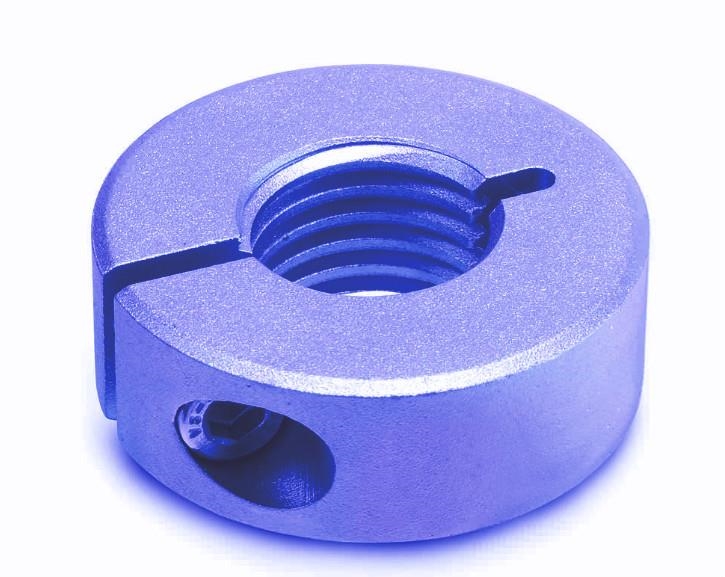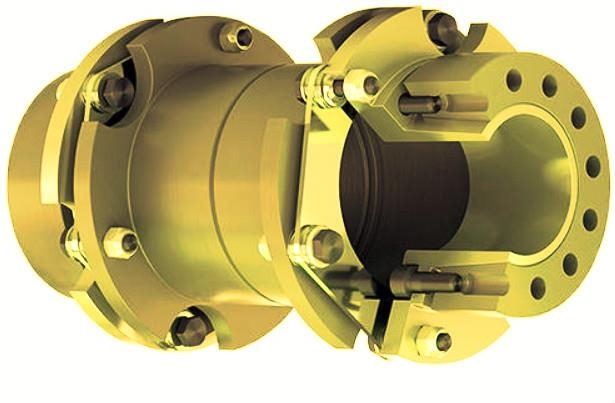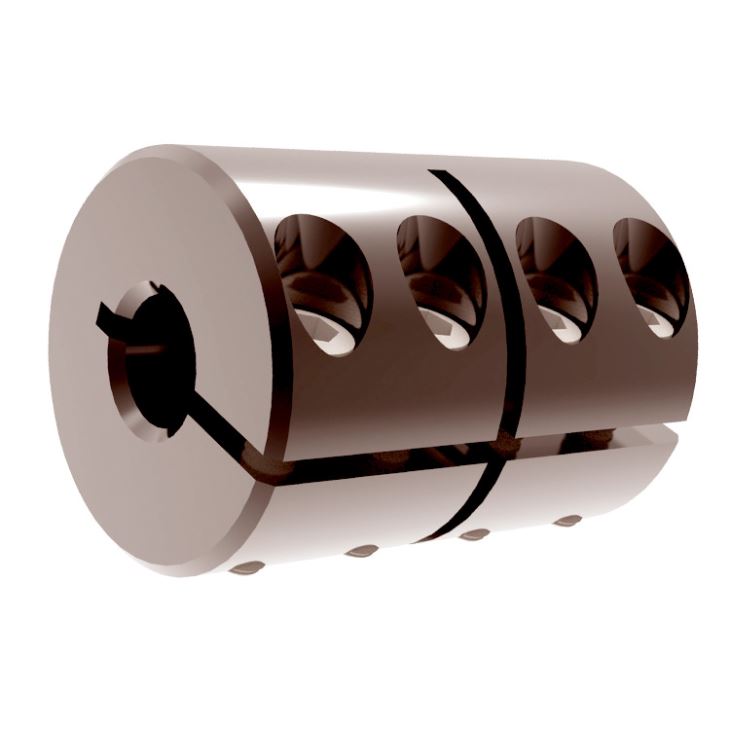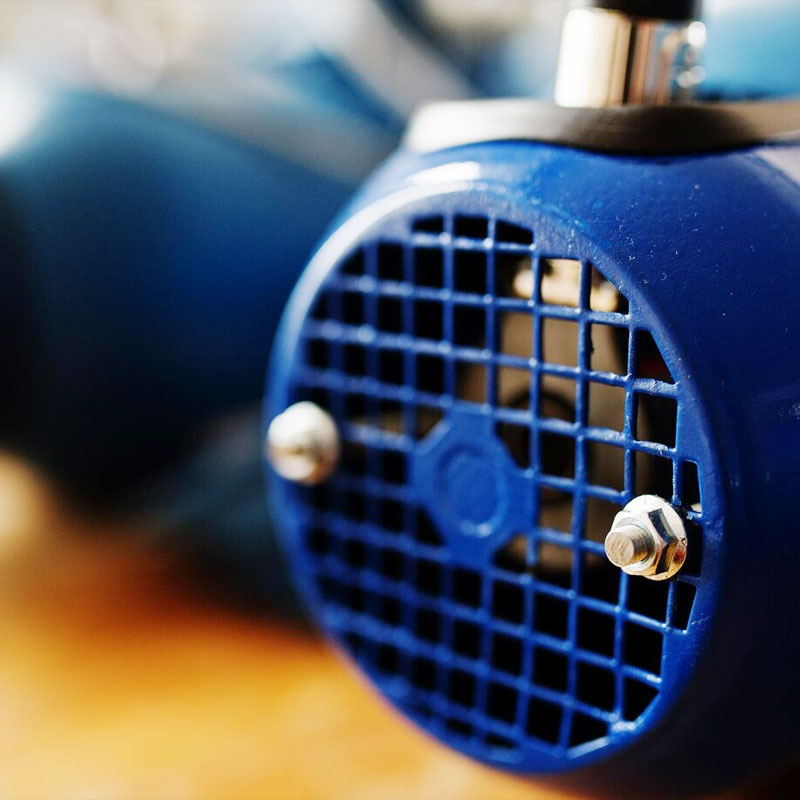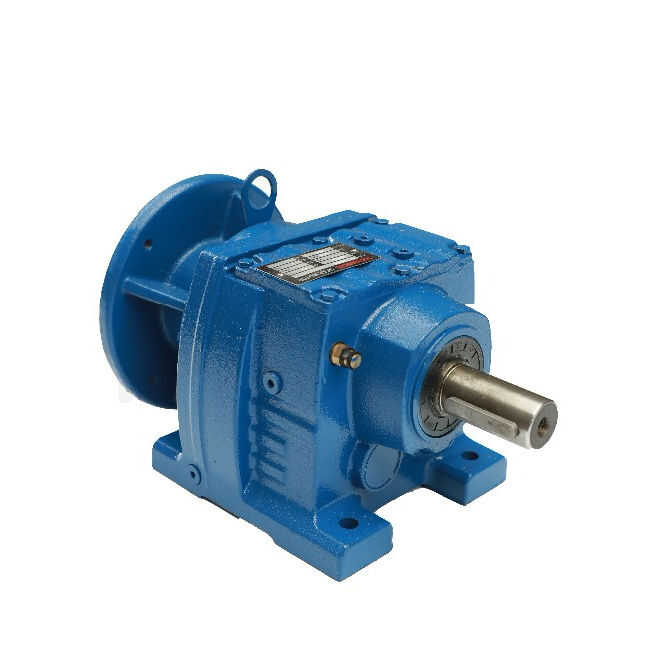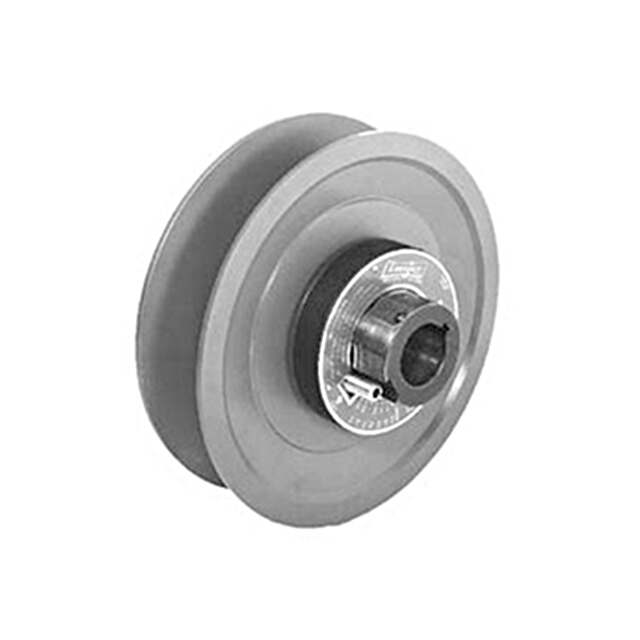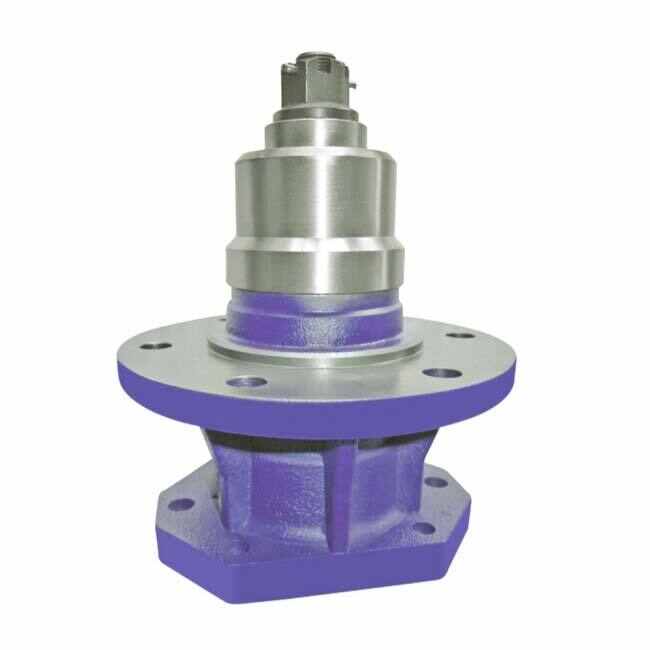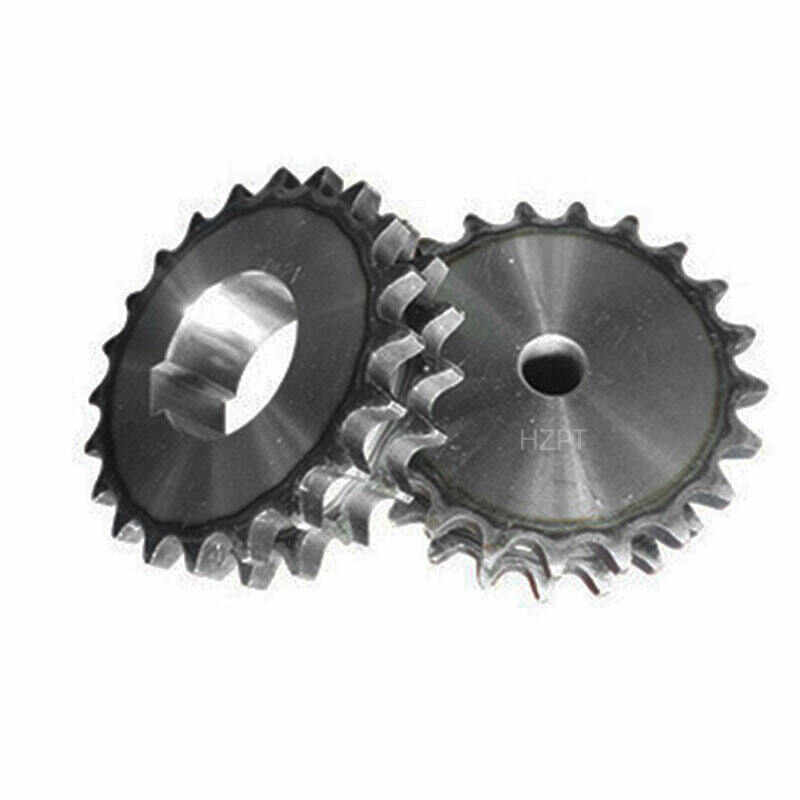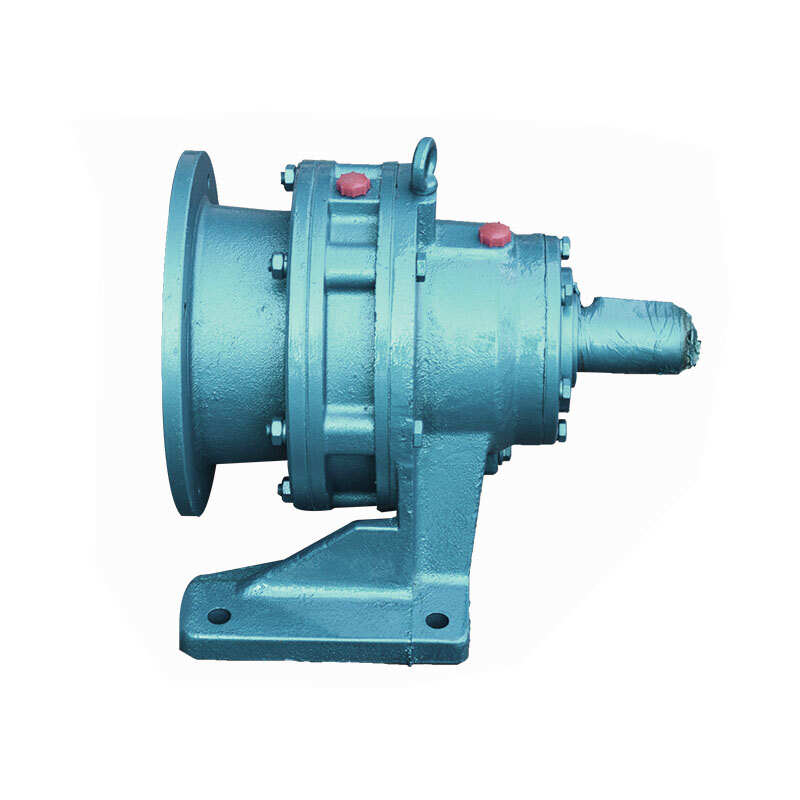Rigid Coupling
High-Quality Rigid Couplings for Industrial Applications
Rigid couplings are essential components in various mechanical power transmission systems, providing a solid connection between two shafts while maintaining precise alignment. Our premium rigid couplings are engineered for durability, reliability, and exceptional performance in demanding industrial environments.
Key Features of Our Rigid Couplings:
- Precision-machined from high-grade materials
- Zero-backlash operation for accurate torque transmission
- Maintains perfect shaft alignment
- Easy installation and maintenance
- Available in various sizes and configurations
Technical Specifications
| Model | Bore Diameter (mm) | Max Torque (Nm) | Max RPM | Material |
|---|---|---|---|---|
| RC-100 | 10-25 | 120 | 5000 | Stainless Steel |
| RC-200 | 25-50 | 350 | 4000 | Carbon Steel |
| RC-300 | 50-80 | 800 | 3000 | Alloy Steel |
| RC-400 | 80-120 | 1500 | 2500 | Cast Iron |
Rigid Coupling FAQ
Q: What is the main advantage of using a rigid coupling?
A: The primary advantage of a rigid coupling is its ability to maintain precise shaft alignment without any flexibility. This makes it ideal for applications where accurate positioning is crucial, such as in precision machinery, pumps, and compressors. Unlike flexible couplings, rigid couplings don't introduce any backlash or angular misalignment.
Q: How do I select the right rigid coupling for my application?
A: Selecting the proper rigid coupling involves considering several factors: shaft sizes, torque requirements, rotational speed, environmental conditions, and space constraints. Always match the bore diameter to your shaft size exactly, and ensure the coupling's torque rating exceeds your application requirements. For high-speed applications, consider the maximum RPM rating.
Installation Guidelines
- Clean both shafts thoroughly before installation
- Ensure shafts are perfectly aligned before coupling installation
- Tighten set screws or locking mechanisms evenly and to specified torque values
- Use thread-locking compound on set screws if vibration is anticipated
- Check alignment again after installation
Maintenance Tips
- Regularly inspect for signs of wear or corrosion
- Check set screw tightness periodically
- Monitor alignment during routine maintenance
- Replace immediately if any deformation is noticed
Rigid Coupling FAQ (Continued)
Q: Can rigid couplings compensate for any misalignment between shafts?
A: No, rigid couplings cannot compensate for misalignment between shafts. They require precise alignment during installation and maintain this alignment throughout operation. Any significant misalignment will cause premature wear, vibration, and potential equipment damage. For applications where some misalignment is expected, flexible couplings would be more appropriate.
Applications
| Industry | Typical Use |
|---|---|
| Manufacturing | CNC machines, conveyors, assembly lines |
| Power Generation | Turbines, generators, pumps |
| Marine | Propulsion systems, auxiliary equipment |
| Mining | Crushers, hoists, conveyor systems |
Material Options
- Stainless Steel: Excellent corrosion resistance, ideal for food processing and marine applications
- Carbon Steel: High strength-to-weight ratio, suitable for most industrial applications
- Alloy Steel: Enhanced strength and durability for heavy-duty applications
- Cast Iron: Cost-effective solution for low-speed, high-torque applications
Rigid Coupling FAQ (Continued)
Q: How does temperature affect rigid coupling performance?
A: Temperature variations can impact rigid coupling performance in several ways. Thermal expansion may affect the fit between the coupling and shafts. Extreme cold can make materials more brittle, while high temperatures may reduce material strength. Always consider the operating temperature range when selecting a rigid coupling, and choose materials appropriate for your environment. Some couplings feature thermal compensation designs for applications with significant temperature fluctuations.
Why Choose Our Rigid Couplings?
- Precision manufactured to tight tolerances
- Tested for reliability under extreme conditions
- Available in custom configurations
- Backed by comprehensive technical support
- Competitive pricing with bulk order discounts
Our rigid couplings are the ideal solution when you need a dependable, maintenance-free connection between rotating shafts. With various sizes and material options available, we can provide the perfect coupling for your specific application requirements.

